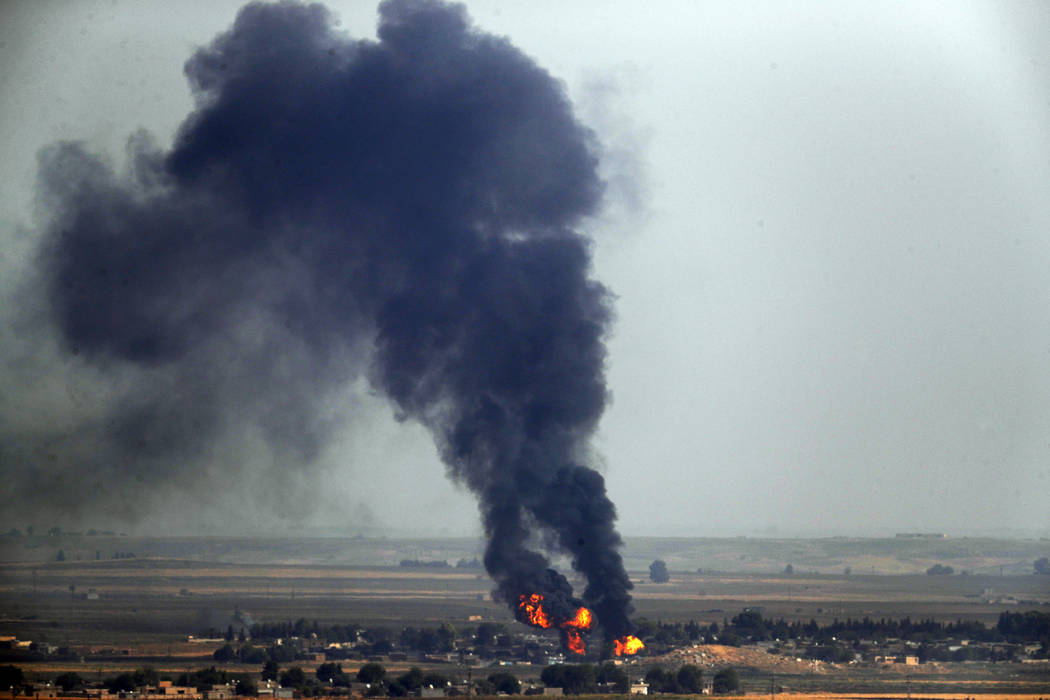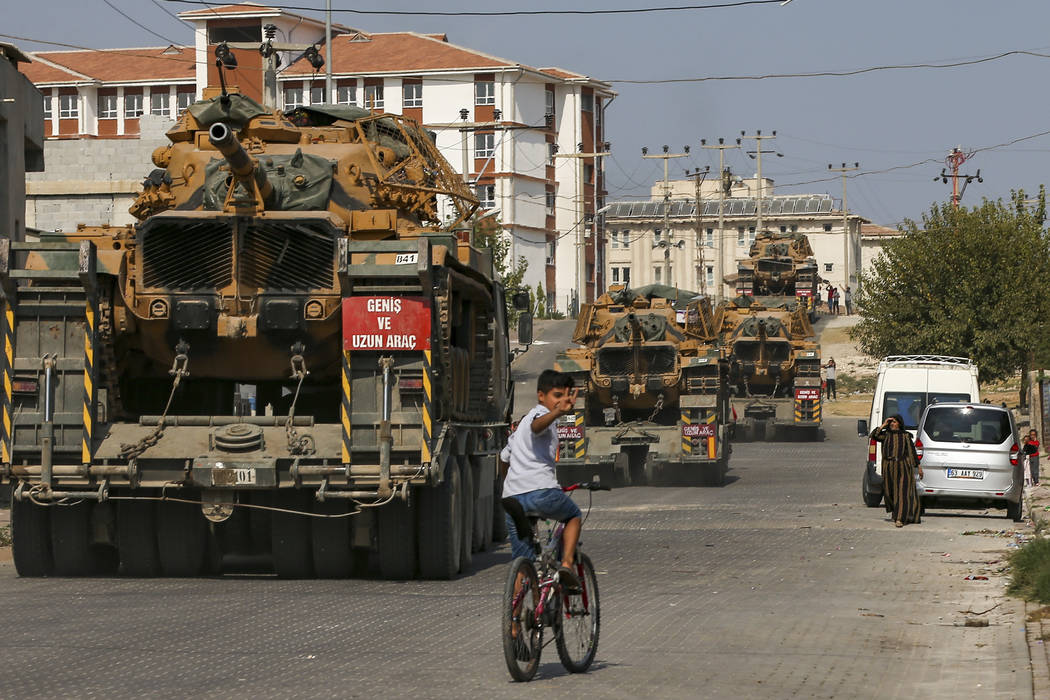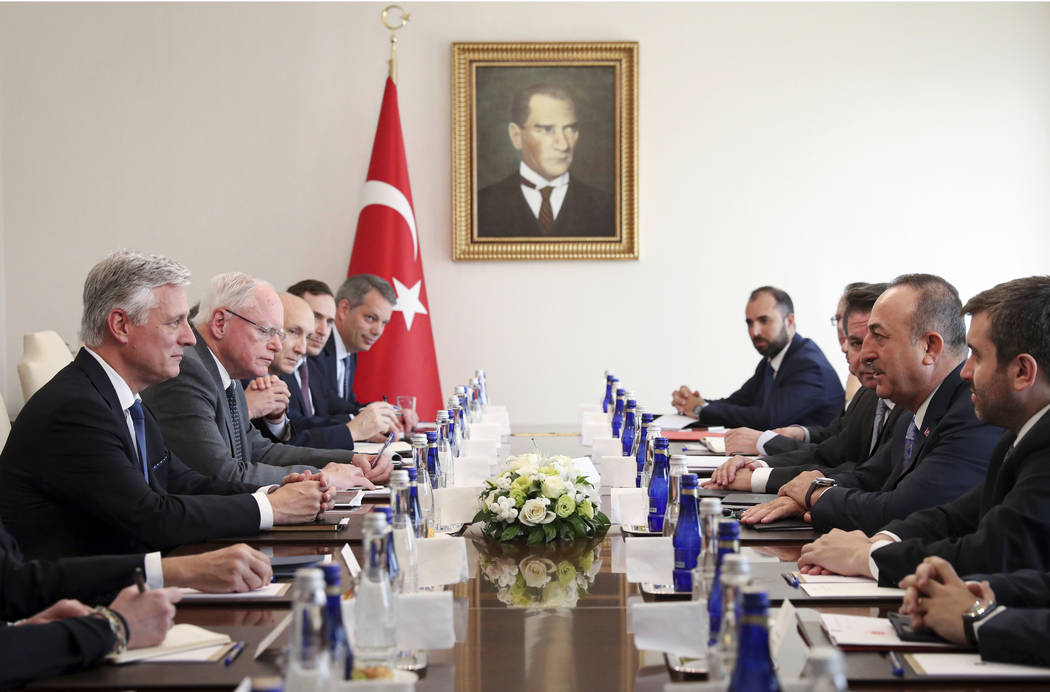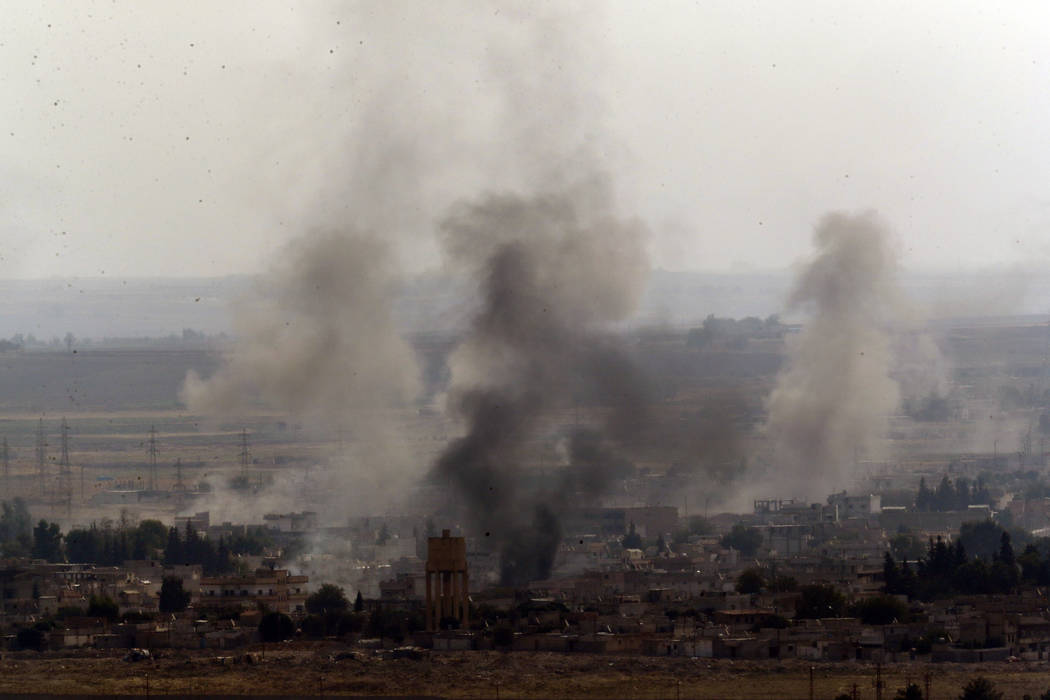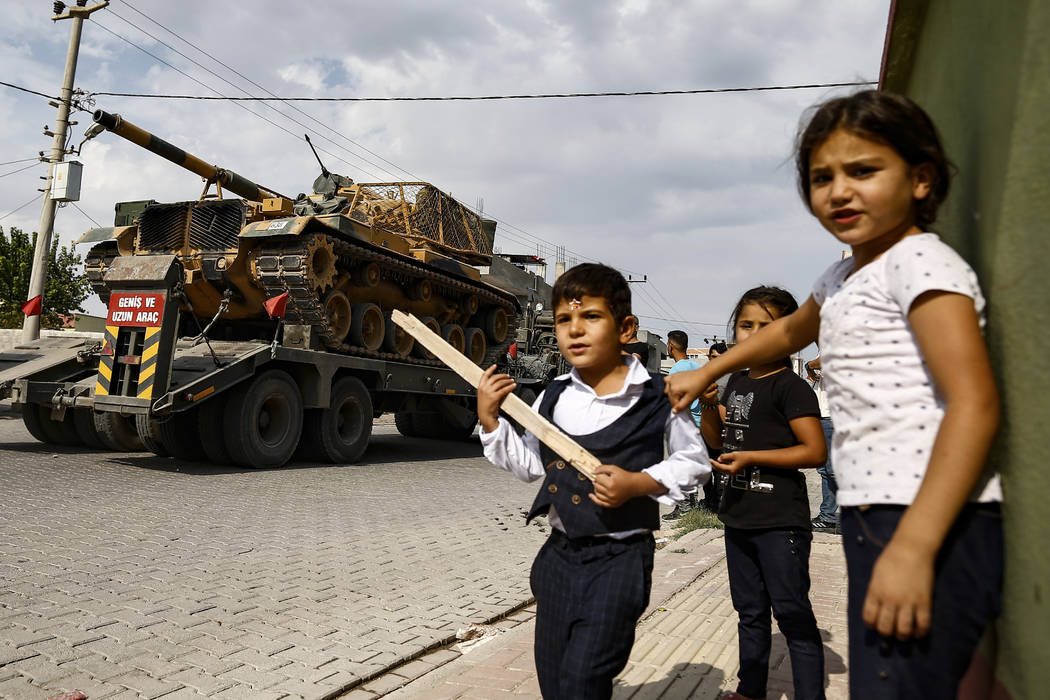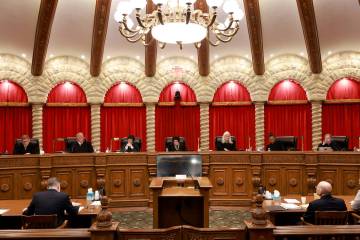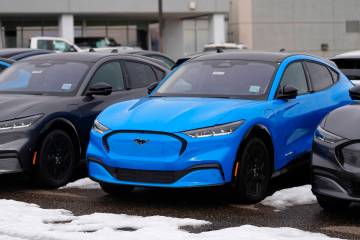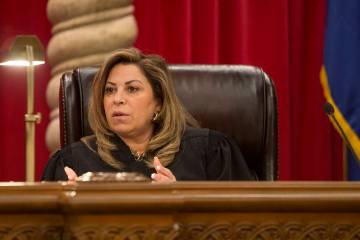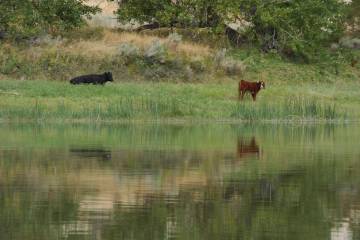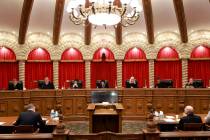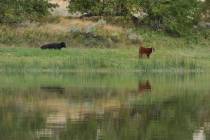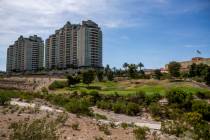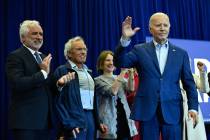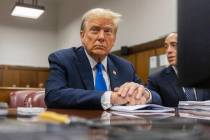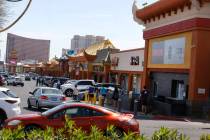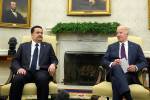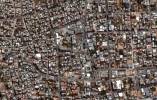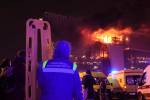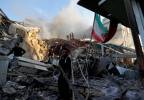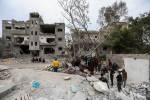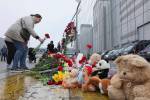Kurdish commander says Trump OK’d deal with Moscow, Damascus
CEYLANPINAR, Turkey — U.S. President Donald Trump did not oppose the deal that Syrian Kurdish-led forces struck with Russia and the Syrian government to protect them against Turkey’s offensive, the force’s commander said Thursday, as his fighters battled a new push by Ankara-backed forces to seize a strategic border town.
The commander’s comments underscored Trump’s willingness to see a crucial U.S. ally in the fight against the Islamic State switch allegiance to Moscow and Damascus. Trump said Wednesday he welcomed the move by the two militaries to fill the void created when he ordered the pullout of U.S. forces from northeastern Syria.
“We told (Trump) that we are contacting the Syrian regime and the Russians in order to protect our country and land,” the commander, Mazloum Abdi, told local TV station Ronahi TV. “He said, ‘We are not against that.’”
The deal by the Kurds, announced Sunday, allows forces of Syrian President Bashar Assad to move into border areas held by the Kurdish-led fighters, effectively replacing the U.S. troops, and establishing Russia as the agreement’s guarantor. Abdi spoke with Trump by phone the next day.
In a visible sign of the change, an Associated Press team saw a Russian flag raised Thursday at a watchtower of the main Kurdish militia overlooking the Turkish border near the Euphrates River. There had been no previous word of Russian forces in that location, but Russian military advisers often accompany Syrian government forces.
So far, Syrian troops have been deployed in the border town of Kobani, farther south and along a main highway to the east.
Vice President Mike Pence, heading a U.S. delegation that includes Secretary of State Mike Pompeo, met with Turkish President Recep Tayyip Erdogan, to press Ankara to accept a cease-fire.
German Chancellor Angela Merkel again called on Turkey to stop its military offensive, telling parliament that the campaign “makes tens of thousands, among them thousands of children, flee.”
She called it “a humanitarian drama with big geopolitical consequences,” boosting the role of Russia and Iran.
She also said the Middle East and Europe are being made to feel insecure because imprisoned members of the Islamic State extremist group are no longer being adequately guarded by the Kurdish-led forces, which are diverting their attention to the Turkish invasion. The Kurdish-led forces have been allied with the U.S. since 2014 in the fight against IS militants.
Abdi, known by his nom de guerre Mazloum Kobani, said his forces have frozen their activities to counter IS because their priority now is to stop Turkey’s invasion. He said the extremists were taking advantage of the offensive, attacking prisons where its members are jailed and freeing some of their families from holding areas in camps for displaced civilians.
Abdi said his forces will decide what to do with detained IS prisoners and their families.
“The matter is in our hands. We captured them. We are holding them, and we will decide what to do with them. No one else,” he told the channel.
Thursday’s heaviest fighting was focused on the border town of Ras al-Ayn, as Syrian forces backed by Turkey made a new push for the town, where the Kurdish-led group has put up stiff resistance despite Turkish claims to have captured it three days ago.
The Turkish-backed forces encircled the town, according to the Britain-based Syrian Observatory for Human Rights and Syrian state news agency SANA. An AP journalist said Turkish cross-border artillery fire targeted the town and areas beyond it.
An official with the Kurdish-led Syrian Democratic Forces said the town saw “insane bombing” from air and land as the Turkish-backed fighters launched a three-pronged attack. They advanced slightly amid “fierce battles,” said the official, who spoke on condition of anonymity to describe operational details.
The Kurdish Red Crescent said its ambulances and field clinics have been targeted by shelling, making it hard for them to reach the wounded. It said one of its medics in Ras al-Ayn died of wounds sustained when the field clinic he was operating in was hit three days earlier.
“We need a safe corridor to facilitate the evacuation of the wounded,” the Kurdish Red Crescent posted on its Facebook page.
The nine-day offensive has left many civilians dead on both sides. The Kurdish health authority said 218 civilians, including 18 children and five medical personnel, have been killed. At least 20 Turkish civilians and six soldiers were killed. The Observatory said at least 203 fighters from the Kurdish-led forces and 171 from Turkish-backed Syrian factions have been killed.
Kurdish officials accused Turkey of using internationally banned weapons in the attack on Ras al-Ayn, showing images of children suffering from severe burns. The SDF said it could not identify the weapons because of lack of expertise and equipment, particularly after most foreign aid groups withdrew in the face of the violence. It called on international groups to send teams to investigate.
In an apparent response, the Turkish military said it has information that the “terrorist” group in northeastern Syria will use chemical weapons and blame Turkish forces.
“The fact that the Turkish Armed Forces do not possess chemical weapons in their inventory is known to all,” said a statement attributed to Turkish Defense Minister Hulusi Akar.
The accusations echoed similar exchanges heard before in the Syrian war, when Damascus and opposition fighters traded charges that chemical weapons were used. U.N. groups have found the Syrian government responsible for several attacks using chlorine and sarin gas. IS militants and other jihadists were held responsible for some smaller-scale attacks.
The SDF official also said Syrian government forces have been deployed south of Ras al-Ayn, near Tal Tamr, taking a rear position behind the Kurdish forces.



